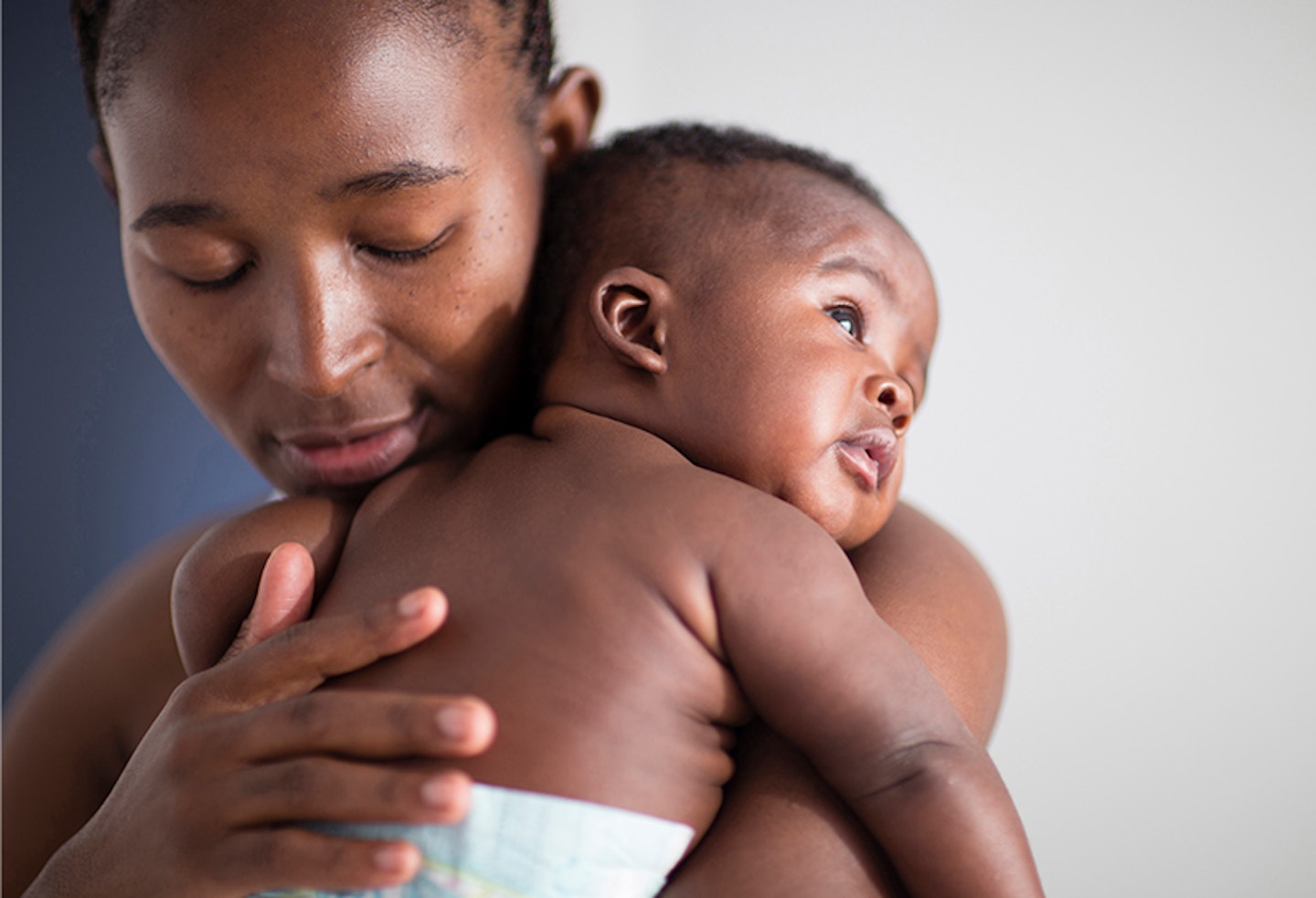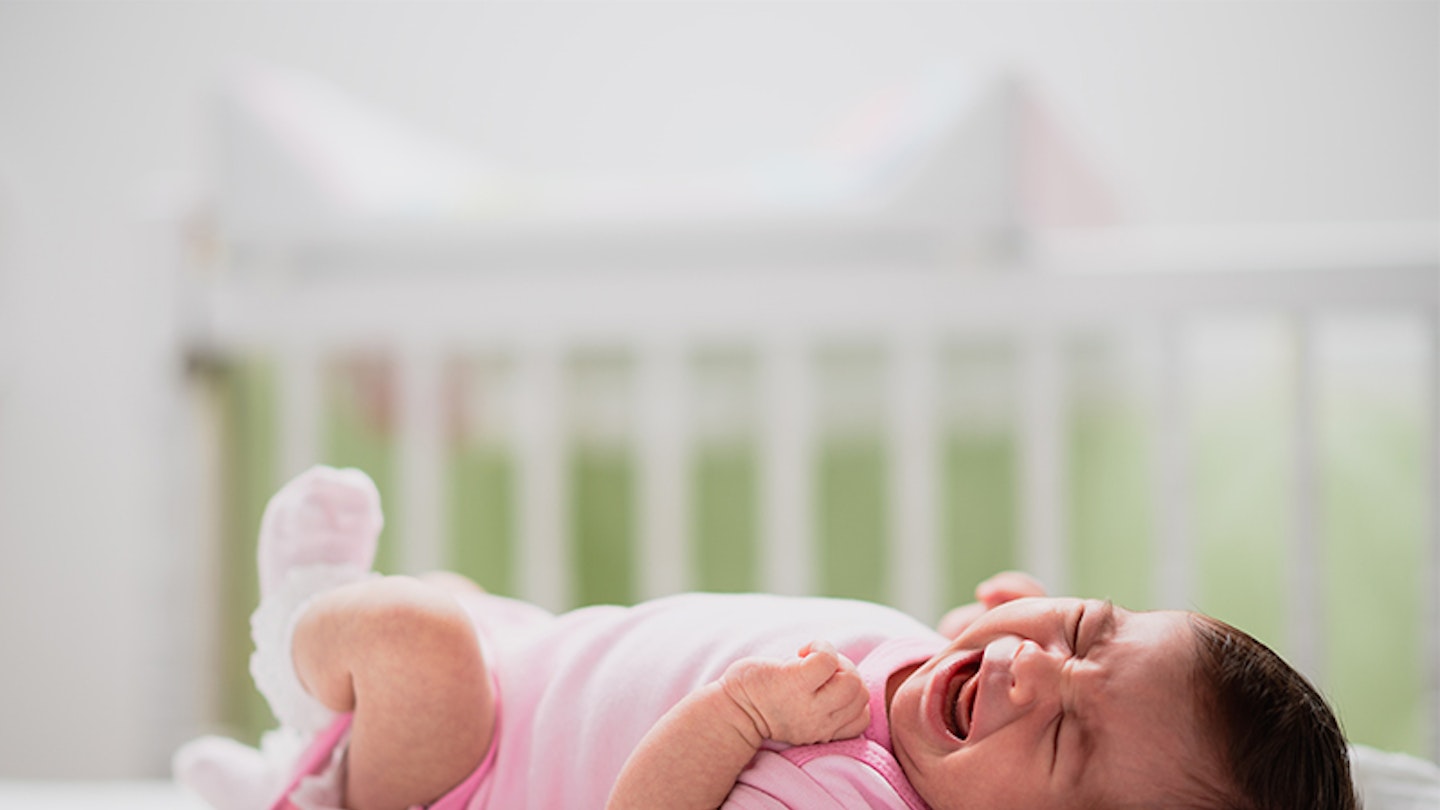There are a lot of things about babies that parents don't really understand in the beginning. Like exactly why your baby is waking up crying? One minute, your baby is sleeping peacefully, the next, they're awake and wailing as if they're the ones who've been rudely awakened in the middle of the night. Is it hunger? Trapped gas? A bad dream or has bunny gone missing again?
Infant sleep consultants Sarah Johnson and Lou Toosey from The Baby Experience explain why it could be happening and what to do about it.
Why does my baby wake up crying?
Little babies are still adjusting to the world outside the womb after being used to a stable, warm, protected environment with food on tap and the comforting sound of their mothers’ heartbeats. When they are born they have immature brains and tiny tummies and are unable to express themselves by any other means than crying. They most likely wake crying because they are hungry, or feeling uncomfortable (wet/dirty nappy, too cold or too hot) but they also may do so just because they need to feel their parent’s loving touch and hear the familiar sound of a heartbeat.
What should I do if my baby wakes up crying?
If your baby is crying, pick her up and cuddle her to let her know that she is safe; then think about what she might need. Babies are little for such a short time, and crying is the only signal they have to show that something is wrong or that they feel they have been abandoned. Research shows that babies who were responsively attended to are more likely to be confident and secure as they grow older, even into adulthood. Once in a while, your response might be a bit slower and sometimes you’ll respond more quickly; what counts towards building your baby’s sense of safety is the general pattern of your response.

Is my baby finished sleeping if they wake up crying?
Probably, yes. Occasionally, a very sudden loud noise may wake your baby but usually, it’s amazing how much noise babies can sleep through! Do not tiptoe around the home just because your baby is napping. After all, it is not silent inside the womb - there is the constant sound of mum’s heartbeat, the sound of blood rushing around her body and all the noise that penetrates from outside as well. Babies have very short sleep cycles that are unpredictable in length and once awake they need reassurance that they are safe. Sometimes it might be easy to get your baby back to sleep again with a cuddle and a quick feed, other times it will be more difficult.
The good news is that around three months of age, babies produce their own melatonin and start to develop circadian rhythms (distinguishing night and day), thus extending their sleep cycles and requiring less night feeding and less nighttime waking time.
How can I stop my baby from waking up crying?
Because your baby is a small, helpless human being who only has one way of signalling distress it will happen sometimes. Also, every baby is different, and has different needs and sleep cycles. However, watching how your baby wakes will tell you a lot. If you observe your baby carefully, you may notice that they rarely "wake up crying".
Before crying, she may go through a restless, light sleep phase, and begin to make little sounds, put a fist to her mouth or make “rooting” movements (turning her head from side to side with her mouth open as though looking for a breast or bottle).
If you can pick your baby up to comfort her before she begins to cry, then she’ll feel less distressed, will relax and calm down more easily. You may notice that a baby which is being carried in a sling or baby carrier might wake up sometimes and just look around without crying - this is because this baby already feels safe and secure.
Samantha Ball is the Feature & Reviews Editor for Mother&Baby, having written for the brand since 2018. She's a mum of two aged seven and three, and is currently expecting her third. She loves searching for the best and current trending products for little ones. She loves to bake, but spends most of her free time between football and ballet classes.
Popular articles to read next
• Baby sleep: what is normal?
• How to create the perfect baby bedtime routine
• Which cry is that? 7 Reasons why your baby might be crying
